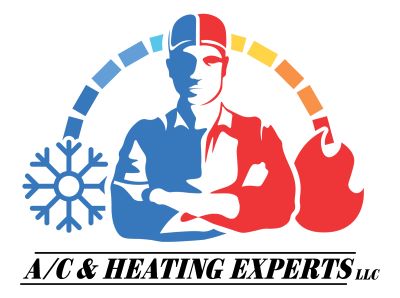Ensuring the longevity of your HVAC equipment and optimizing energy efficiency involves proactive measures, with regular air filter replacement being a key practice. The simple act of replacing air filters can significantly contribute to the overall health and performance of your heating, ventilation, and air conditioning (HVAC) system. This routine maintenance task not only extends the life expectancy of your equipment but also serves to curtail utility costs.
During peak seasons, such as the scorching heat of summer and the biting cold of winter, your HVAC system operates at maximum capacity. In these high-use periods, air filters accumulate a substantial amount of airborne particles, including dust, pollen, and other pollutants. These contaminants can hinder the airflow, forcing the system to work harder to maintain the desired temperature. Consequently, this places additional stress on the components, leading to increased wear and tear.
To counteract these effects and maintain optimal system performance, it is advisable to replace air filters monthly during these peak seasons. This frequent replacement ensures that your HVAC system operates with maximum efficiency, minimizing strain on the components and promoting better indoor air quality. Clean filters facilitate unrestricted airflow, allowing the system to function smoothly and reducing the risk of breakdowns or malfunctions.
As the seasons transition to milder temperatures in the spring and fall, the workload on your HVAC system decreases. During these lower-use periods, it is still crucial to uphold regular maintenance practices, albeit at a slightly reduced frequency. Changing air filters every other month is a reasonable approach to ensure continued efficiency and equipment health. While the system may not be under as much stress during these times, routine filter replacement remains vital for sustained performance and energy savings.
The financial benefits of consistent air filter maintenance are noteworthy. A clean filter promotes energy efficiency, allowing your HVAC system to operate more effectively and consume less energy. This translates to reduced utility bills, making it a cost-effective strategy in the long run. Moreover, by extending the lifespan of your HVAC equipment, you can delay the need for expensive repairs or premature replacements, leading to additional financial savings.
In conclusion, the importance of regular air filter replacement cannot be overstated when it comes to preserving the health and efficiency of your HVAC system. By adopting a proactive approach to maintenance, particularly during peak seasons, you not only extend the life expectancy of your equipment but also contribute to lower utility costs and improved indoor air quality. Make it a habit to replace air filters monthly in high-use periods and every other month during lower-use times to enjoy a comfortable and cost-effective HVAC experience.


